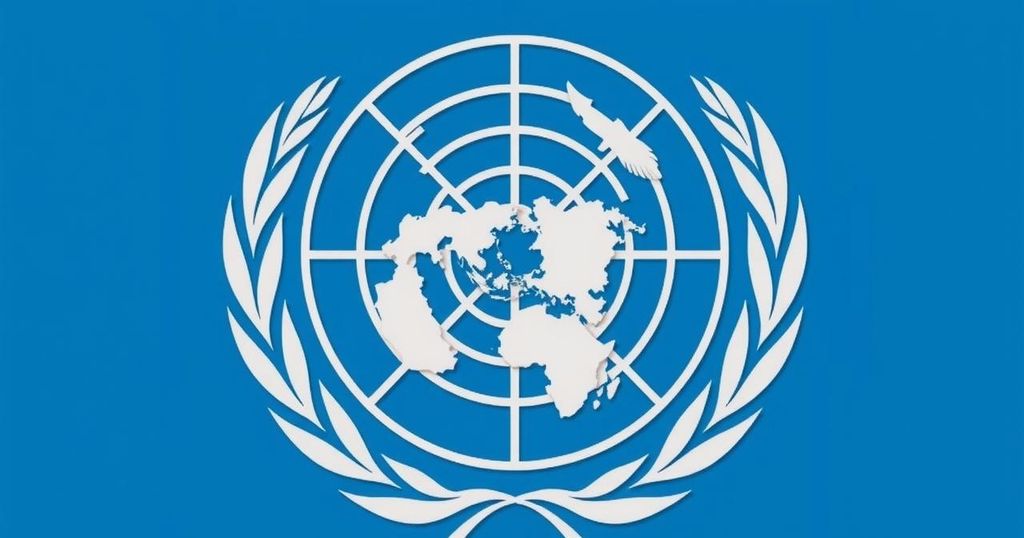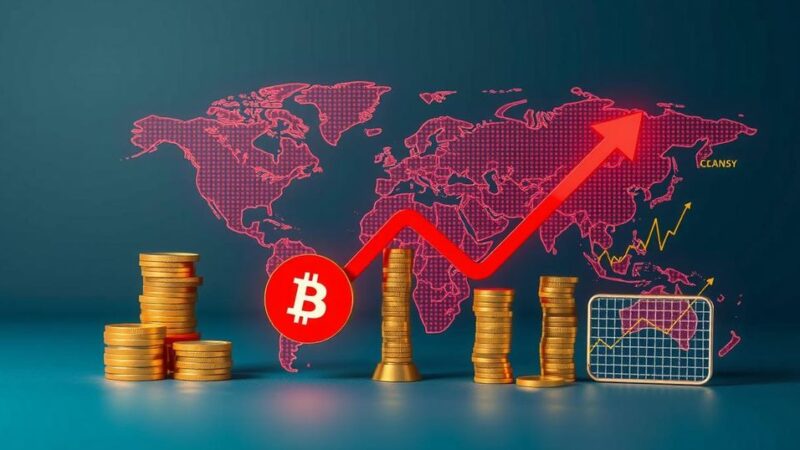Former Egyptian Finance Minister Mohamed Maait has officially begun his role as Executive Director at the IMF, representing the Arab Group and Maldives. He aims to enhance support for Arab economies through integrated financial policies, address debt challenges, and foster private sector investment. Maait seeks to maximize the contributions of the IMF while emphasizing coordination with regional institutions to bolster economic resilience.
Mohamed Maait, the former finance minister of Egypt, has commenced his role as the Executive Director representing the Arab Group and the Maldives at the International Monetary Fund (IMF). In a statement of gratitude, Maait expressed his appreciation to President Abdel Fattah Al-Sisi for his trust and support regarding this esteemed international position. He acknowledged the Egyptian government, headed by Prime Minister Mostafa Madbouly, along with the ministers and the Central Bank governor and deputies, for their backing throughout the nomination and voting process. Furthermore, he recognized Dr. Mahmoud Mohieldin, the previous Executive Director, for his noteworthy contributions to advancing the economic and developmental objectives of Arab nations during his tenure. In his new capacity, Maait is committed to enhancing support for Arab economies by promoting growth through consistent, integrated international financial and monetary policies. These initiatives are intended to bolster financial stability and sound public financial management, thereby creating more diverse, resilient, and sustainable economic foundations, particularly benefiting developing and low- to middle-income countries. Maait is poised to confront the escalating challenges related to public debt and its consequent burdens. He aims to identify suitable financing solutions for development and job creation, while also highlighting the significant role that the private sector must play in economic endeavors. He advocates for greater investment within a transparent and competitive business environment, asserting that international investments, especially private investments, must achieve new heights to stimulate growth and meet the essential needs of the populations. Going forward, Maait plans to maximize the advantages for the Arab Group and the Maldives from the IMF’s resources and expertise, while fostering enhanced coordination with regional Arab institutions. He believes this collaborative approach will be instrumental in aiding the economies of the Arab nations and the Maldives in overcoming both internal and external challenges, thereby constructing a more stable and sustainable future. He emphasized the necessity for flexible methodologies to manage the current uncertainties, which include increasing debt burdens, inflation, unemployment, sluggish economic growth, and the financial implications of addressing climate change.
The role of the Executive Director at the International Monetary Fund represents a significant opportunity for member countries to influence global economic policies and decisions. The IMF plays a crucial role in providing financial assistance and formulating economic policies that support economic stability and growth, particularly for developing nations. By appointing a representative who advocates for the interests of specific regions, such as the Arab Group and the Maldives, the IMF aims to assist these nations in addressing their unique economic challenges. Maait’s appointment is particularly timely as many Arab economies face considerable pressure from rising debts and economic growth stagnation.
In conclusion, Mohamed Maait’s appointment as the Executive Director at the IMF signifies a pivotal step towards enhanced representation and support for the Arab Group and the Maldives. His commitment to addressing economic challenges through effective financing solutions, fostering private sector involvement, and maximizing the benefits of IMF resources underscores his dedication to advancing regional economic stability. By promoting collaborative initiatives and flexible approaches, Maait aims to navigate the complexities of current economic uncertainties and provide a foundation for sustainable growth within these nations.
Original Source: www.dailynewsegypt.com







